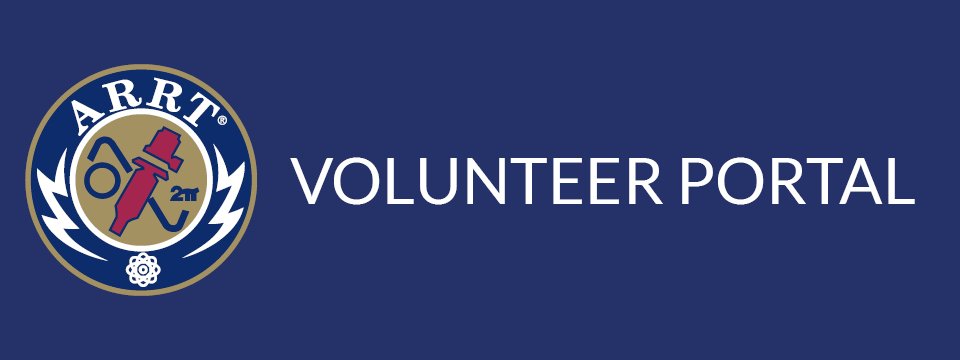To Hyphenate or Not To Hyphenate?
This is a common conundrum we all face with written communications.
Knowing whether to use a hyphen after a prefix can be tough. Because electronic spell checkers can't store every combination of every noun with every prefix, they often flag words as misspelled when there isn't a hyphen between the prefix and the word, even if the spelling is technically correct. As a general guideline, scientific and technical writing omits the hyphen between most prefixes, especially prefixes that are not words themselves. However, use a hyphen:
- When double letters would occur without a hyphen
- e.g., anti-intellectual, ultra-ambitious, non-native
- When the word that follows the hyphen is capitalized
- e.g., post-Newtonian, pro-Canada
- When the word that follows the hyphen begins with a numeral
- e.g., mid-1990s, pre-2020
- When the word is shown as permanently hyphenated in a reputable dictionary, such as Merriam-Webster
- When the word could be misread without a hyphen
- re-pair, meaning to pair again, vs. repair, meaning to fix
- re-sign, meaning to sign again vs. resign, meaning to give up
- re-cover, meaning to cover again, vs. recover, meaning to get back
- After the following prefixes in most words: "all-", "cross-", "ex-", "half-", "quasi-", and "self-"
- e.g., "all-knowing," "cross-platform," "ex-colleague," "self-employed"


